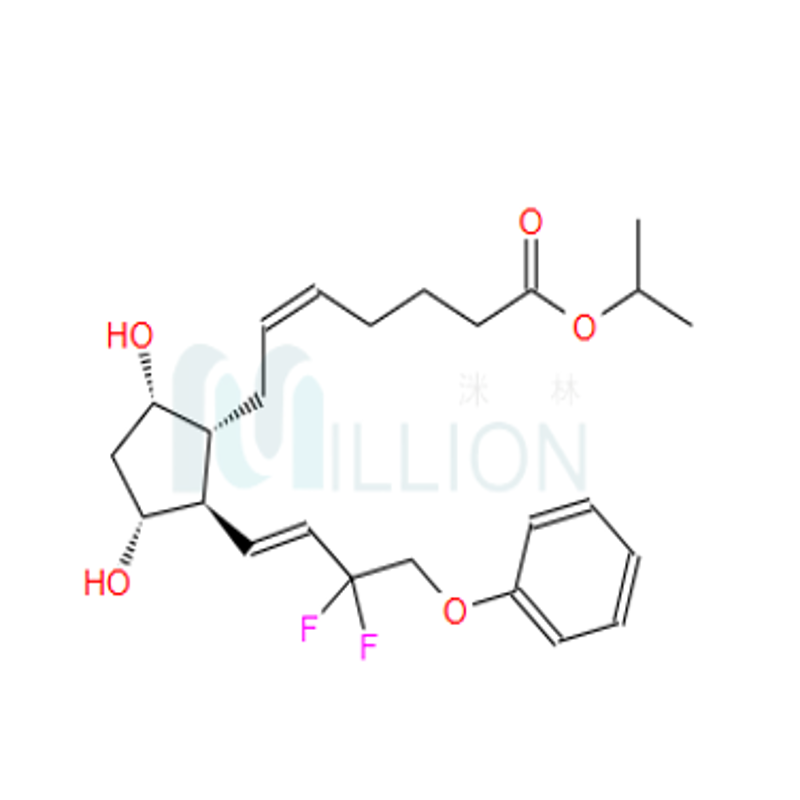-
Categories
-
Pharmaceutical Intermediates
-
Active Pharmaceutical Ingredients
-
Food Additives
- Industrial Coatings
- Agrochemicals
- Dyes and Pigments
- Surfactant
- Flavors and Fragrances
- Chemical Reagents
- Catalyst and Auxiliary
- Natural Products
- Inorganic Chemistry
-
Organic Chemistry
-
Biochemical Engineering
- Analytical Chemistry
-
Cosmetic Ingredient
- Water Treatment Chemical
-
Pharmaceutical Intermediates
Promotion
ECHEMI Mall
Wholesale
Weekly Price
Exhibition
News
-
Trade Service
For women with sickle cell disease (SCD), the use of modern ovarian storage measures may help to address the question of whether SCD or hydroxyurea (HC) affects a woman's reproductive life.
anti-miao tube hormone (AMH) is a known marker of ovarian reserve that can be used to evaluate ovarian follicle reserve function.
A recent study published in British Journal of Haematology, an authoritative journal of blood system diseases, used a standard clinical test to measure AMH in 285 samples of 93 female subjects of hemoglobin SS, based on the Hydroxyurea Multicenter Study (MSH), a study approved by the U.S. Food and Drug Administration for the treatment of adults with SCD.
samples from the 10-year-old MSH follow-up study were analyzed because there were no samples from the MSH randomized portion of the study.
most of the subjects had been exposed to HC (86/93).
the median AMH level of the study subjects was lower than the reference value for age and gender matching.
AMH was consistent with reduced ovarian reserve (risk factor for infertility) and occurred in subjects aged 25-30.
in healthy women, this happens after the age of 40.
in multivariable analysis, taking HC was independently associated with low AMH (beta-0.001, with a 95% confidence interval of -0.002 to 0.000; P-0.006).
these results suggest that women with hemoglobin SS have premature reduced ovarian reserve function, and HC increases the likelihood of this outcome.
.







